Most people don’t closely analyze what type of media they consume. Sure, they’ll look over the summary of a movie or maybe even glance through reviews, but they won’t try to understand how it could impact future choices they make. If you were to explain to them that bingeing romance movies heavily increases their chances of developing certain ideas about what a romantic relationship should be, as well as influencing the type of romantic partner they will want in the future, would they reconsider what they watch?
Younger audiences tend to be influenced by romance portrayed in movies, as most of them haven’t had the time to actually form enough genuine relationships. They tend to idealize certain relationships and use romance that’s portrayed in films and in television shows as a sort of guide for how they should live their lives or what choices they should make.
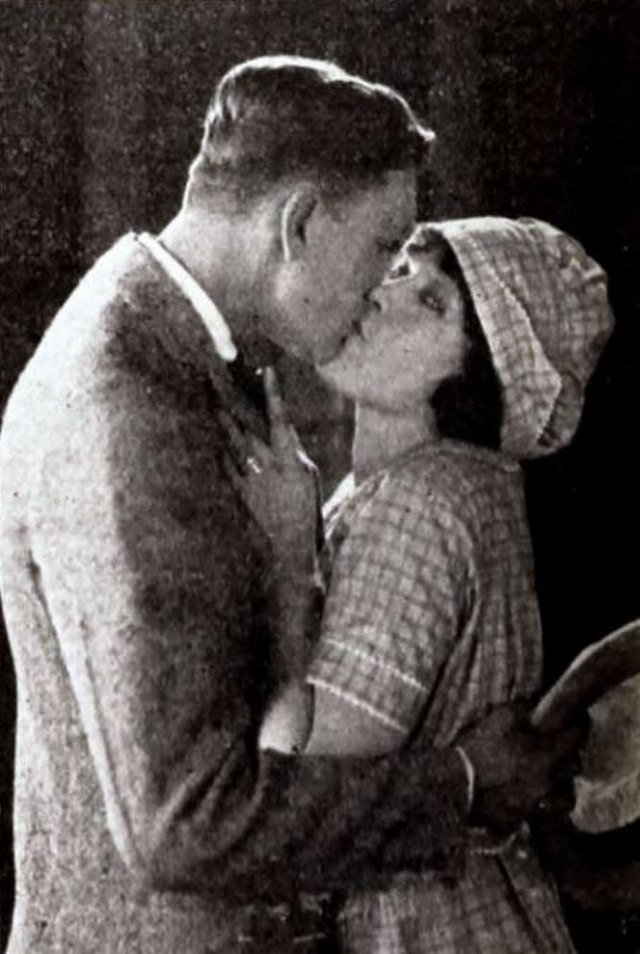
This type of mirroring behavior is common regardless of the genre of the film, as there has been research conducted about the effects of film on adolescents. “Children’s lifetime superhero exposure may influence children’s risk-taking. Given American children’s substantial media exposure, research should continue to unpack the role of superhero media on children’s unintentional injury and other health risk behaviors.”1
To give an example of this, we have eighteen-year-old Elle Williams who has just started attending college away from her hometown, meaning she doesn’t have her friends around her to make her feel comfortable when she’s attending school, and she has no relatives living near her. She feels alone. All she wants is someone around her who cares. It’s hard living in a cramped dorm with no one to really speak to. All she does is watch movie after movie, barely making any friends as she’s holed up in her room, but can you really blame her? Almost everyone she’s tried to interact with is doing the same thing. Most people just don’t look too excited to have a conversation with a complete stranger. It’s not like Elle was completely friendless; she had a total of two friends that were not from her hometown. While she’s happy to even have any friends in college, she would be lying if she said she wasn’t upset when they couldn’t hang out more often with her. Her friends both had significant others, which meant that they would hang out with them rather than with Elle. While she was obviously happy for her friends, she couldn’t help feeling a tad envious. Elle had never had a serious relationship before. She had small crushes on people every other week, which would usually fade in a few days. Being the single friend really bummed her out; what was it about her that was unappealing? Why couldn’t she be swept off her feet by an attractive person and go on cute dates just like every other person was experiencing?
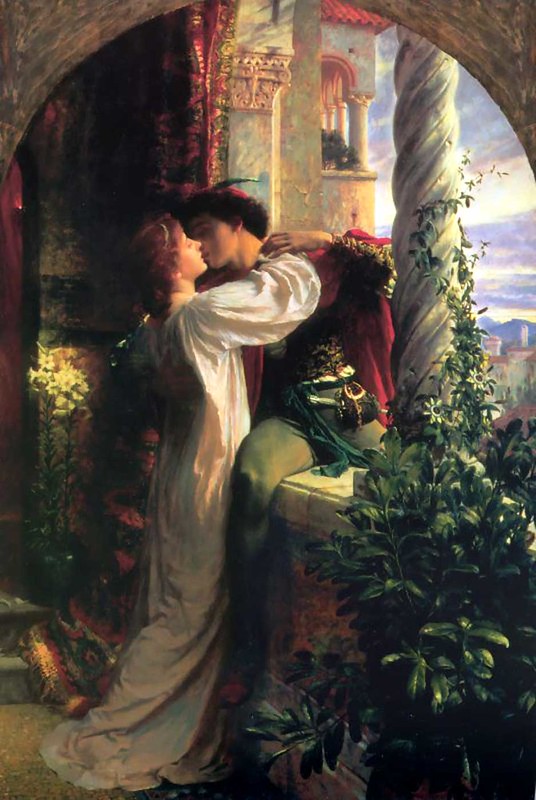
That was just how her life went. At least, that’s how it went until she met Daniel. Now Daniel was Elle’s dream guy. He was slightly taller than her, usually had a pair of wired earbuds stuck in his ears regardless of whether class was in session or not, and he wore oversized sweaters. Now, this might not seem like the most attractive person in the world, but to Elle, he was. Elle was experiencing the eros style of love, which is one of the six styles of love. She placed him at an “ideal” image of physical beauty, where she’s immediately drawn into him to the point where she disregards any immediate red flags in his behavior. But, to be fair, this is something that is normalized in romantic films, as it’s not revealed until the climax of the movie what someone’s true intentions are, or at least by then the rose-colored glasses come off the main character’s eyes.2
For example, in the movie Clueless, the main character Cher has fallen for a transfer student Christian, who’s unlike any of the boys in her class. She does so much to pursue him, due to her attraction to him, but she doesn’t even see that Christian is just not into her, or any girl for the matter.3
Now the film Romeo & Juliet showcases another big trope, that of love at first sight. One of the main characters, Romeo, goes to a costume party, where he lays eyes on the beautiful Juliet and immediately falls in love with her. This is highly unrealistic; no one actually falls in love with someone that fast; rather, they’re obsessed with the idea of someone.4
The normalization of first love at sight in movies is a very problematical trope, as it’s essentially creating a fantasy of someone you don’t know. This unknowingly influences audiences to create stories about who someone is, rather than actually paying attention to red flags in their behavior. This would ultimately lead to disappointment, as no one can live up to the fantasy that someone has created about him or her. “As the intensity of the longing and the passion felt and why eros disappoints many and drives some to abject despair. But not only is this desired state fleeting at best and unrealistic on the whole, the quest for it also is often self-defeating.”2
From the time they met, Elle and Daniel hung out consecutively for at least four months, where they went on dates and just had fun with each other. Honestly, Elle had been living in this state of euphoria, where everything feels great and nothing could ruin her mood; that is, until one of her friend’s asked if Elle and Daniel were exclusive now. What did that even mean? They hung out with each other almost every other day. Of course they were exclusive; they just hadn’t given it a defining label yet. She had seen enough romance movies to know that everything was fine, and nothing major had happened. She tried to convince herself that their lack of communication wasn’t anything that seriously bothered her; but it really did. “It may be that because the romantic comedy genre attracts a large female audience (Fischoff, Antonio, & Lewis, 1997), filmmakers are intentionally featuring the types of relationships that women want most—those in which both partners discuss the relationship.”6
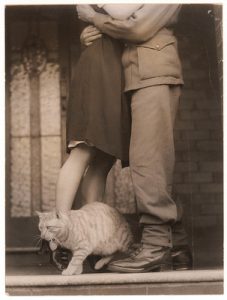
Elle was now experiencing manic love, where she spends all of her free time obsessing over Daniel, and spends countless hours dwelling on all the things that could go wrong, creating more anxiety for her. She realized that she wanted that label “exclusive.” She needed that sense of security. Now, Elle was hoping for a happy ending with Daniel. However, that’s not how it went. She brought up her concerns to him one day, and he told her he never had any intention to be serious or exclusive with her. That broke her heart, and it seriously messed with her perception of romance for a while. But she had to get over it, at least after a few months of crying and watching more romance movies. People could say that watching so many of these movies is what got her here in the first place, and that statement holds some truth to it. Continuing to watch these films, rather than using other resources to help her redefine her concept of a realistic relationship, just perpetuates the challenge of entering into a meaningful relationship with a significant other.
Being able to recognize that movies can influence her choices in romantic relationships is a good thing. This will allow Elle to have a better view of what she values in a partner, and what’s important to her, rather than simply putting up with ambiguity. And now she’s cautious when she views her romantic partners. She no longer idealizes them, and puts them on a pedestal; rather, she is able to hold them accountable for their actions. Galician (2004), an author of a critical analysis of romantic media, argues that people seek romantic content in the media in order to see relationships that appear to work despite all obstacles. Further, previous work has documented that young people seek out romantic media content in order to learn about relationships.6
It’s important for everyone, especially younger audiences, to realize that the types of films they watch do impact decisions they make and how they may perceive themselves. By acknowledging that movies have this type of influence over the way that people think, it’ll become easier to distinguish fantasy from reality, and possibly save someone from another heartbreak, or help them take that leap of faith when meeting someone new.
- Casie H Morgan, Barbara A Morrongiello, and David C Schwebel, “Short- and Long-Term Effects of Superhero Media on Young Children’s Risk-Taking Behaviors,” Journal of Pediatric Psychology 46, no. 7 (August 2021): 779–89, https://doi.org/10.1093/jpepsy/jsaa133. ↵
- Francis Duffy, “Attraction and Love,” Salem Press Encyclopedia, 2021. ↵
- Amy Heckerling, Clueless, 1995, Paramount Pictures. ↵
- Baz Luhrmann, 1996, Romeo & Juliet, United States: Twentieth Century Fox. ↵
- Francis Duffy, “Attraction and Love,” Salem Press Encyclopedia, 2021. ↵
- Veronica Hefner and Barbara J. Wilson, “From Love at First Sight to Soul Mate: The Influence of Romantic Ideals in Popular Films on Young People’s Beliefs about Relationships,” Communication Monographs 80, no. 2 (June 2013): 150–75, https://doi.org/10.1080/03637751.2013.776697. ↵
- Veronica Hefner and Barbara J. Wilson, “From Love at First Sight to Soul Mate: The Influence of Romantic Ideals in Popular Films on Young People’s Beliefs about Relationships,” Communication Monographs 80, no. 2 (June 2013): 150–75, https://doi.org/10.1080/03637751.2013.776697. ↵
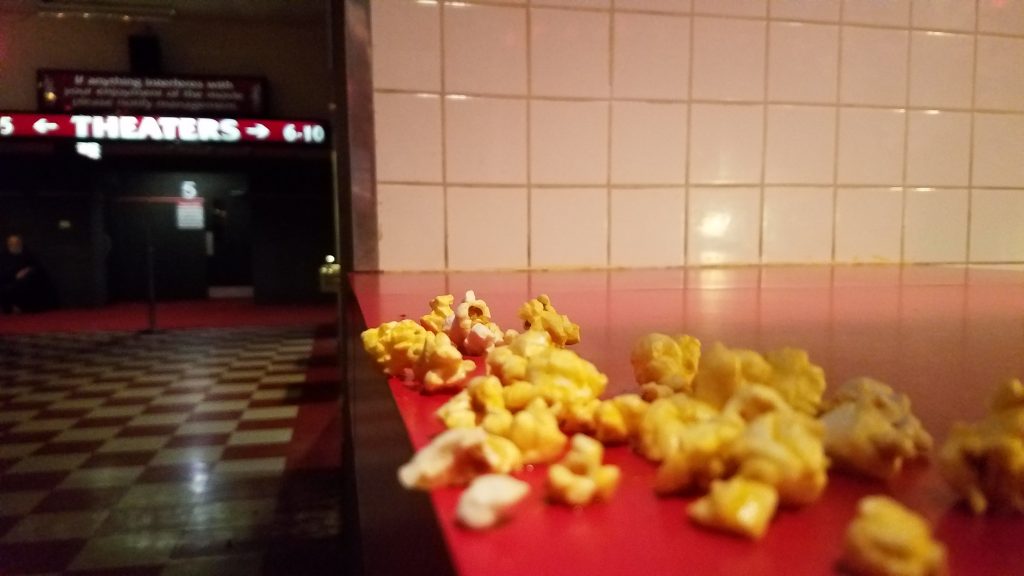

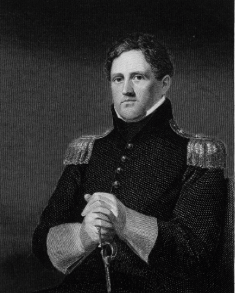
78 comments
Mckenzie Gritton
I have LOVED watching romantic movies and reading romantic books, I feel as though personally that it has in a way set a “standard” of the relationship I wanted. But with growing I learned the red flags. I think its ok to romanticize your life but not to base your whole relationship off what was seen in a movie.
Dominique Rodriguez
This article was very interesting to read. It’s crazy how watching romantic films can influence the audience’s perception of love. The reason why we also or why the youth watch these films is because they know that they can never have or find that type of love in reality. I love watching romantic movies and it’s interesting how having a relationship portrayed on screen is not like that in reality. relationships like that aren’t actually like that nowadays because of all the red flags everyone has.
Maria Luevano
I loved this article because I think this question goes unasked in our society. It is obvious that romantic films have influenced romantic relationships in our society today. We hold our significant others to unattainable standards that we see in film and become obsessed with the idea that our love story beats all the romantic films. It is important to separate realistic standards and expectations from those portrayed in misleading movies and TV series. This article really opened my eyes to how our society today is easily influenced in all aspects of our personal lives, even how we love.
Gabriella Parra
The final two paragraphs of this article rang especially true. I think another reason youth watch romantic media is to fill a void, especially these days. And when that void doesn’t get filled with a similar relationship to the one they’ve been watching on screen, they are probably very disoriented. It’s interesting to go back and watch all my favorite romantic movies and realize that the relationships aren’t actually that swoon-worthy due to the red flags.
Serenity Kamenski
I love how your article not only referenced eros love styles but also gave a very realistic example of how consuming romance films can lead to overlooking red flags in relationships. You also did an amazing job in connecting your argument to many famous types of media, like Romeo and Juliet and Clueless, that made it easy to identify your message of how certain tropes lead younger people to being blind to more realistic aspects of relationships.
McKayla
Your article was so interesting! I feel like many youth nowadays are so attached to the media that they do forget to actually interact face-to-face. While watching romance movies are fun, they do send many messages as to what they feel looking “in love” seems like. For teenagers and youth especially, they put these high hopes in their minds as well as false stereotypes, and can even instill some type of pressure, when love is so much more than what is shown on screen.
Alonso Rodriguez
I found your article particularly interesting, as I believe that all kinds of consumable audiovisual content can influence the way people learn to interact, sometimes not realizing that life is not a movie. Exacerbated loves, are movies, living with too much intensity can scare anyone. I would like to link this topic with the misuse of pornography, as I think it is the next level on the scale where you can not follow everything you see because what you learn in that kind of content, is not what is socially or ethically accepted.
Andrea Moreno
As a person who grew up watching cheesy teen romance movies, I saw myself expecting the stories portrayed in those films to eventually apply to my life. It did take me a while to detach myself from the idealized version of love presented in those films. There needs to be more education of relationships available to the younger demographic these films are targeting in order for young people to get the whole picture of what love is and can be.
Alexa Casares
You have answered the question a society has been asking. It was a great read and interesting at that. You captured what Hollywood thinks love looks like vs what it really is.
Gianna Salinas
I really loved how you have written this article! I do believe that there is a pictured unrealistic theme of love painted in these TV Shows and Movies which made it hard to recognize and be shown the difference between real life and a movie. As said in these comments, it is imperative to separate fantasy from reality which you addressed well in this article.